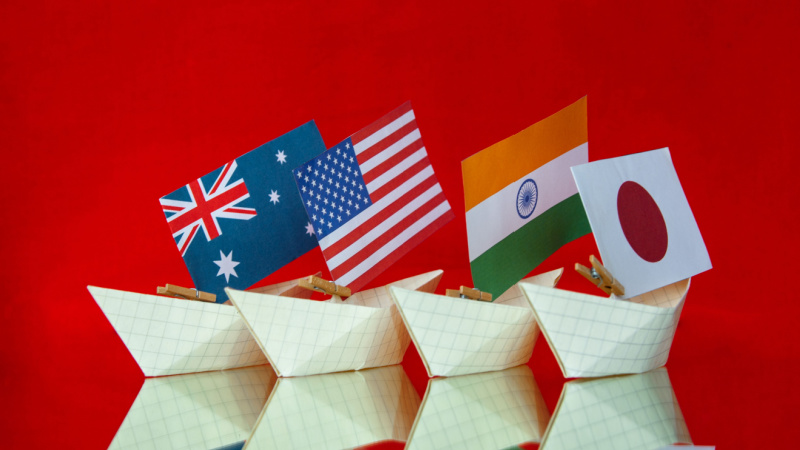A costly but valuable proposal for Australia
January 11 2023

Note: This article appeared in 9DashLine on January 11 2023.
Australia is a remote island nation whose prosperity and economic security are heavily reliant on maritime trade. In line with these geographical and geoeconomic realities, it has a regional defence strategy which emphasises security, stability, and non-interference in the Pacific islands and archipelagos to its north, and, increasingly, the maritime routes which traverse them and also extend beyond them.
The problem for Australia is the vast mismatch between what history tells us Canberra needs to project power in the Pacific arc and secure its lines of maritime trade on the one hand, and its actual naval and air power capacities on the other. For a long time, Australia’s security has been underwritten by the unquestioned global supremacy of the US Navy. With the US now stretched by its global security role, and facing a rising China eyeing hegemony in the western Pacific and making massive investments in expanding its fleet, Canberra's ability to rely on this to serve Australia’s strategic needs may not be sustainable without some form of reciprocal contribution.
Retired US Admiral Gary Roughead’s proposal for the Quad to establish a standing maritime force based in the Indo-Pacific offers a way forward to close this capability gap and — to the extent that it echoes what the Pentagon and Washington are thinking — should be given serious consideration by Australian defence planners. While Australia’s current focus is on strengthening deterrence capabilities, history tells us that sea control is vital for securing an expansive maritime environment. On this front, such a force could potentially help Australia bridge its capability gap while making a more immediate US presence more sustainable. Shifting operational command into the region would also mean that Australia could gain some measure of control or at least input into the operations of such a force. Australia’s security concerns could find a more prominent place in the architecture of US defence planning. The downside is, of course, cost. With so many other pressing priorities, Australia would hope that it would not be required to invest in too many new platforms to get such an initiative off the ground.
Dr Corey Lee Bell is a Project and Research Officer at the Australia-China Relations Institute, University of Technology Sydney.

